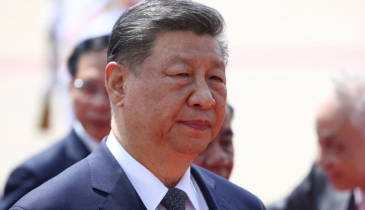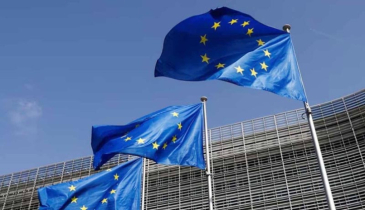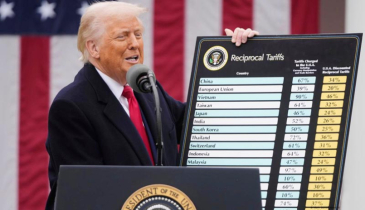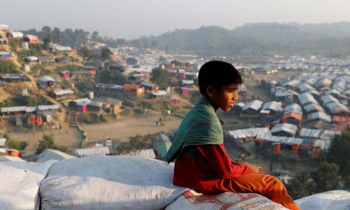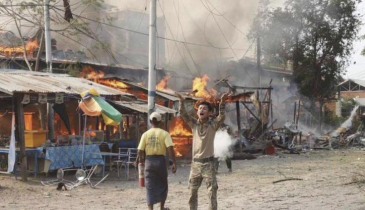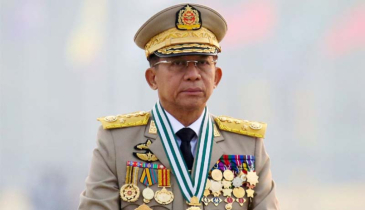Bangladesh may face more pressure from the West: Russia
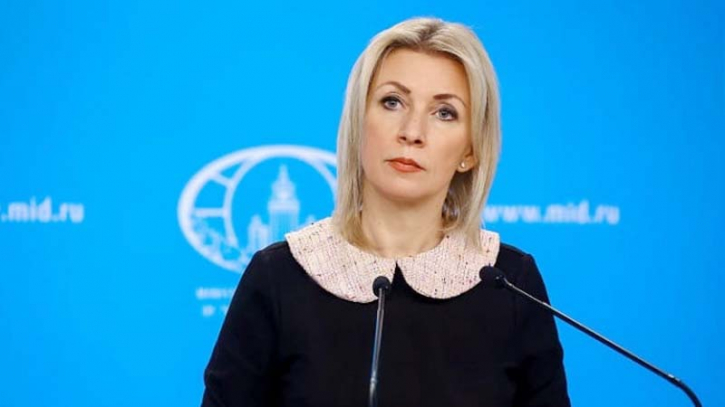
Russia has raised concerns regarding potential sanctions against Bangladesh from Western nations in the near future, expressing apprehension that such measures could significantly impact the country's vital industries.
Maria Zakharova, the spokesperson for the Russian Foreign Ministry, conveyed on December 15 that they perceive a connection between recent incidents involving traffic blockades, bus burnings, and clashes with law enforcement by opposition political parties across various districts of Bangladesh on December 12-13, and what was described as "provocative activities" by Western diplomatic missions in Dhaka, notably referencing US Ambassador Peter Haas.
Zakharova highlighted serious apprehensions that in the ensuing weeks, a broader range of pressure tactics, including the implementation of sanctions, might be employed against the Bangladeshi government, which is deemed unfavorable by Western nations.
She emphasized that key sectors of Bangladesh's industries and certain officials, baselessly accused of obstructing democratic processes ahead of the parliamentary elections scheduled for January 7, 2024, could face repercussions.
Furthermore, Zakharova warned of potential attempts to escalate instability within Bangladesh, drawing parallels to events akin to the Arab Spring, if the US remains dissatisfied with the election outcomes.
Expressing skepticism about Washington refraining from interference in the internal affairs of sovereign nations, Zakharova indicated a belief that the resolution of Bangladesh's governance lies ultimately within the hands of its people, independent of external influence.
Amid Russia's own encounters with sanctions from Western nations, the country has repeatedly accused the US of meddling in Bangladesh's internal affairs, prompting responses from US officials.
Bangladesh's Foreign Minister AK Abdul Momen emphasized the country's reluctance to be embroiled in tensions between global superpowers, expressing a desire to avoid entanglement in their disputes.
.png)


